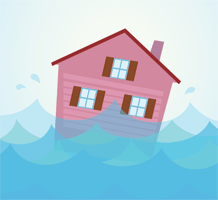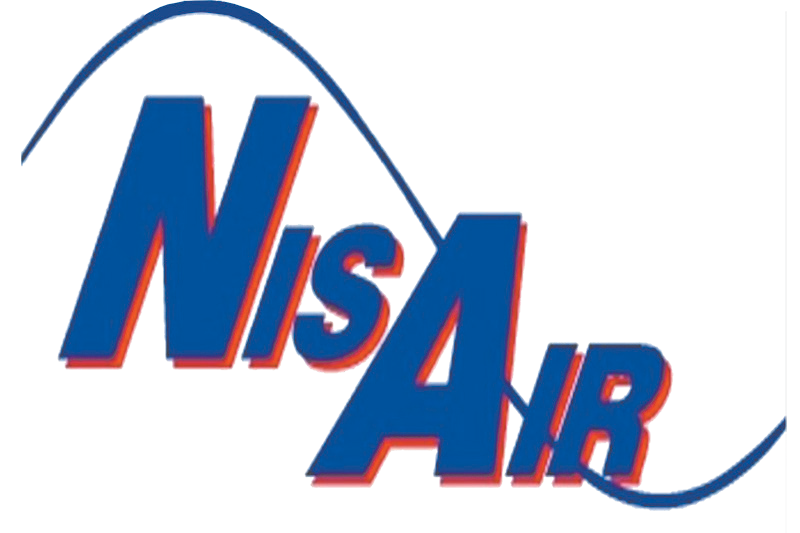Preventing Water Damage When Your Air Conditioner’s Running All The Time
During the hot summer months, we tend to run our air conditioning systems around the clock. Without proper care and maintenance, the air conditioner can cause water damage, which can lead to mildew and mold inside your home. The air conditioner’s evaporator coil naturally produces condensation, which should easily flow through the drainage system. However, many common aliments can cause the water to spill over into the home, damaging floors, walls and ceilings. Excessive moisture also fosters an excellent environment for mold growth.
Your best line of defense against potential damage is to conduct an annual HVAC inspection. Schedule an appointment with a trusted HVAC professional, but before he comes you can do the following:
Annual HVAC inspection
- check the evaporator coil, drain and emergency pan for excessive water
- record the amount of water produced and where it was located
- check for obvious clogs in the drain lines
- share your findings with your contractor.
During the annual inspection, have your HVAC contractor check for these common causes of water damage:
- damage to the evaporator coil
- dirt buildup in the coil
- burned contacts
- clogged drains
- low refrigerant pressure
- a drain that’s not sufficiently sloped to get rid of the water
Algaecide treatment
While cleaning and servicing your HVAC system, your contractor can perform an algaecide treatment. Algae commonly builds in air conditioning drain pans, increasing the likelihood of water buildup and spill-over.
Install a safety float switch
Installing a safety float switch on your HVAC system helps protect against future water damage. If water begins to accumulate in the drain pan, the switch shuts down the system. This allows you to contact a contractor for repairs before water damage occurs.
For more information about water damage and air conditioner inspections, contact NisAir Air Conditioner and Heating. In business since 1973, we serve Martin, Palm Beach, St. Lucie and Indian River counties.

